From Molecules to Organisms: Structures and Processes
-
 Physics
PhysicsDisabilities don’t stop these experts in science and tech
People with disabilities are as varied as the careers some of them pursue in science, technology, engineering and math.
-
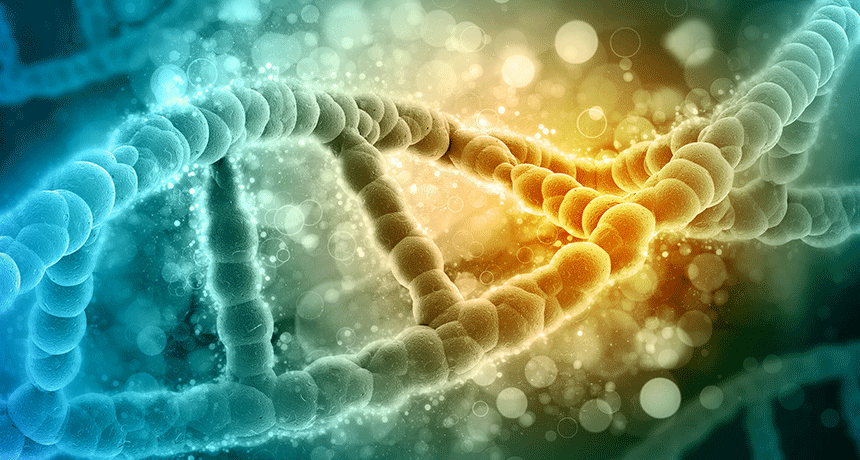 Genetics
GeneticsExplainer: How CRISPR works
Scientists are using a tool called CRISPR to edit DNA in all types of cells.
-
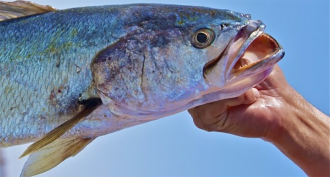 Animals
AnimalsListening to fish love songs can predict their numbers
Gulf corvinas croak for mates while in groups of millions. By listening to their undersea serenades, scientists may be able to estimate how many are out there.
-
 Health & Medicine
Health & MedicineHunting the mysterious source of a global illness
Doctors and scientists around the world are scouring the environment for the elusive cause of Kawasaki disease, a harmful childhood illness.
-
 Brain
BrainAdolescents are brain-dense — and that’s good
Gray matter is densely packed in adolescents, brain researchers now find. This may explain how developing adults cope with decreasing gray matter volume.
-
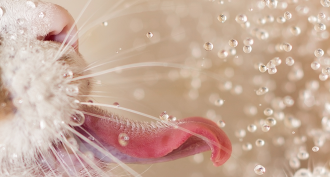 Brain
BrainTongues ‘taste’ water by sensing sour
Water doesn’t taste like much, but our tongues need to detect it somehow. They may do it by sensing acid, a new study shows.
-
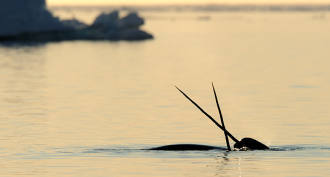 Animals
AnimalsBeware the tap of the narwhal’s tusk
A new video shows narwhals using their tusks to tap fish before eating them. They might be stunning their prey — or just playing with their food.
-
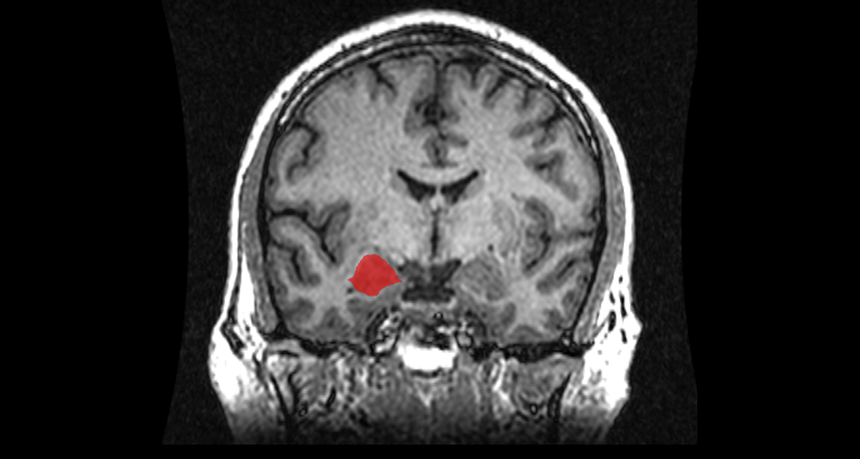 Brain
BrainScientists Say: Amygdala
Named after the Greek word for “almond,” the amygdala helps us process emotions, make decisions and form memories.
-
 Brain
BrainBrains learning together act the same
When students are all focused on the same thing, their brainwaves look the same, a new study shows.
-
 Chemistry
ChemistryScientists Say: Catalyst
Sometimes a chemical reaction can take a while. If speed is needed, a catalyst can help.
-
 Environment
EnvironmentTrees can make summer ozone levels much worse
The greenery can release chemicals into the air that react with combustion pollutants to make ozone. And trees release more of those chemicals where it gets really hot, a new study finds.
-
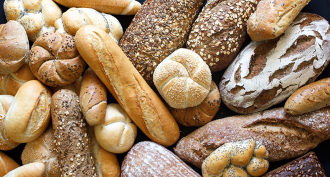 Health & Medicine
Health & MedicineYour gut’s germs may decide whether white bread or whole wheat is best — for you
Surprise! Gut microbes may determine how your body responds to starches in the diet.